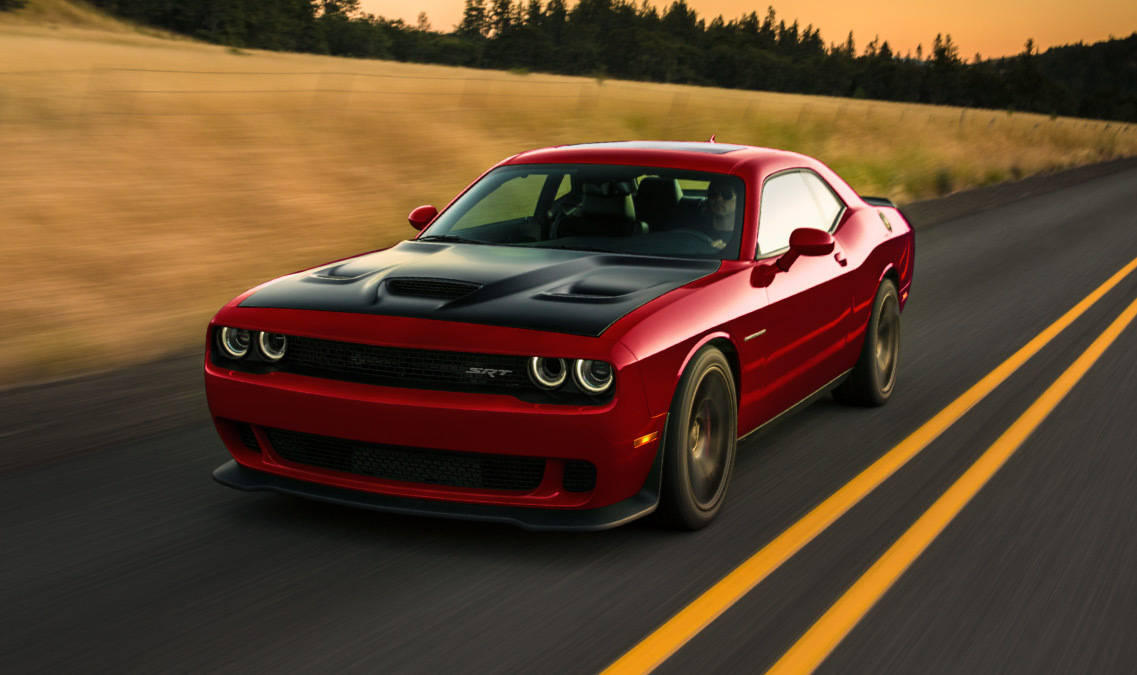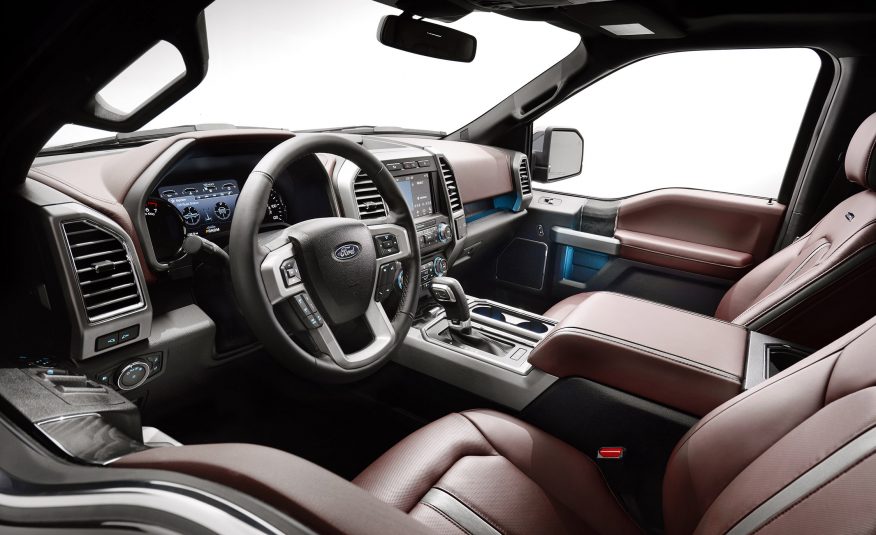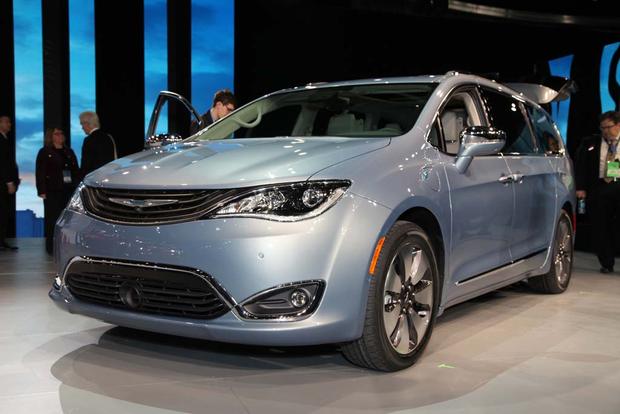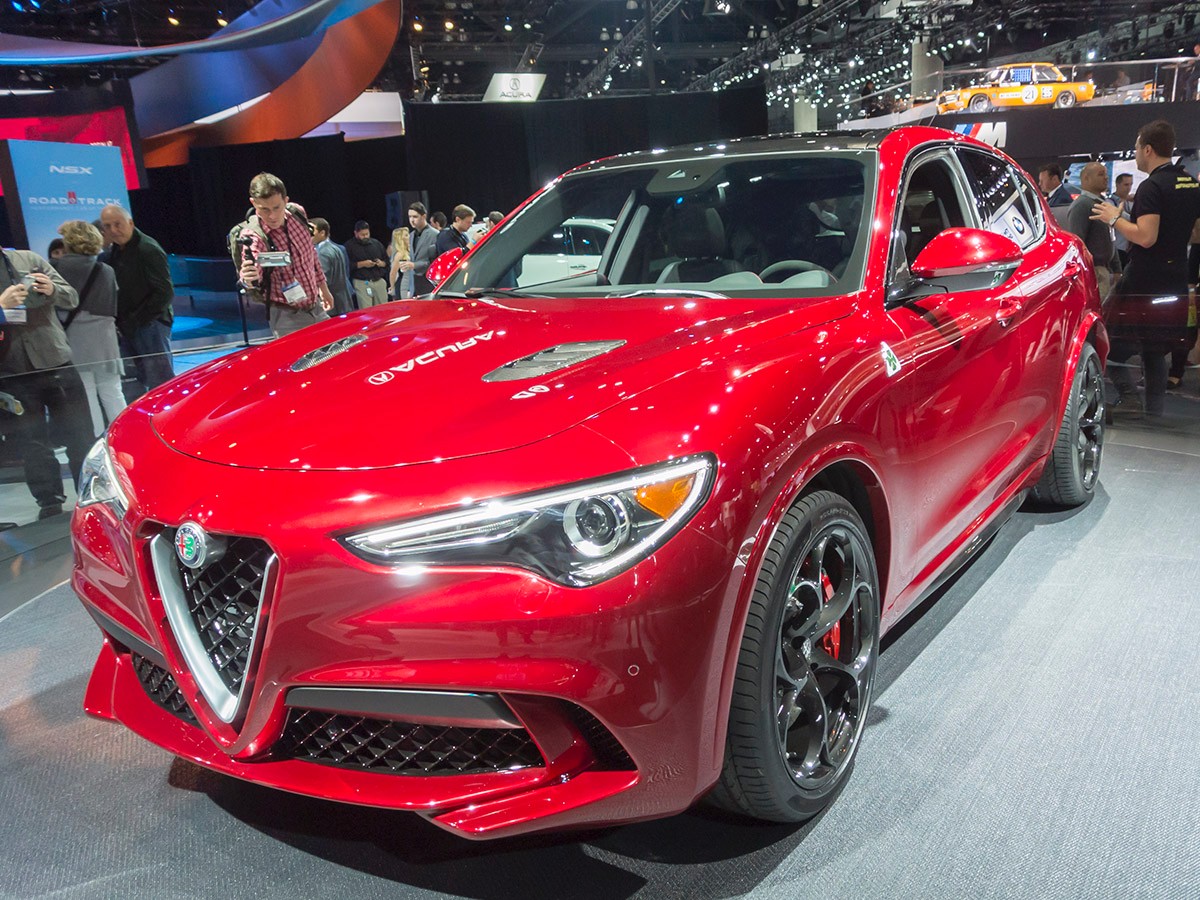-
2018 Buick Enclave “Avenir” will have ionic air purifier - April 12, 2017
-
Lease a Luxury Car for Less Than You Think - April 5, 2017
-
Shopping for a Car When Your Credit is Low - March 31, 2017
-
Aston Martin Closer to Unveiling Second-Generation Vantage - March 21, 2017
-
2017 Bentley Bentayga SUV: Offroad for $238,000 and Up - March 14, 2017
-
Pagani Huayra is Finally Here, Only $2.4M - March 9, 2017
-
Mercedes AMG E63 – For When Your Wagon Needs Drift - February 6, 2017
-
2018 Audi Q5 SUV: Enhanced Performance - January 30, 2017
-
2018 Toyota Camry Due in Late Summer - January 27, 2017
-
2018 Dodge Challenger SRT Demon Will Outstrip Hellcat - January 23, 2017
GM and Chrysler are Closing Dealerships, But How Does it Affect You?
GM and Chrysler are going to close dealerships. The U.S. government says they have to do this to become viable companies. But how do these two automakers decide which dealerships they’ll close? And how does a dealership closing affect you, the consumer?
Consumers may think that because Chrysler is in bankruptcy court, there will be a huge liquidation sale on the vehicles so they can get rid of the inventory before they close the dealerships. Unfortunately for bargain hunters, this is not what goes on in Chapter 11 bankruptcy, or reorganization bankruptcy. Chapter 11 bankruptcy allows the debtor (ie: Chrysler) to restructure its debt in court.
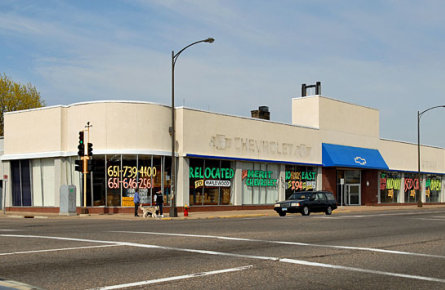
A relocated Chevrolet dealership in St. Paul, Minn. shows what many towns may look like once dealers start closing.
“The point of bankruptcy is an effort to streamline the ship to have a viable entity when they come out,” says Scott Silverman, partner at McCarter & English Attorneys at Law. “They can’t have that without the dealers.”
Editor’s Note: Silverman concentrates in the areas of automotive franchise regulation and litigation, business trade practices and commercial contract disputes, and represents all vehicle brands, not just GM and Chrysler franchisees.
Silverman says that GM and Chrysler can’t just close all their dealers because they, the manufacturers, haven’t invested in the dealers. The dealerships’ owners, or franchisees, are the ones who initially paid the money to open the dealership.
“If they removed all the dealers, the OEM (manufacturer) would have to put all that money back in,” Silverman says.
Although GM says it is likely it will file bankruptcy, it hasn’t yet, so the rules are different. GM announced recently it will close 42% of its dealers. The automaker said it will start informing dealers of the closings this week.
“Outside of bankruptcy, GM has to comply with the franchise contract and the law,” Silverman says. “The minimum they have to do is repurchase inventory and parts and provide real estate termination assistance, which means GM has to help the dealers get out of their lease.”
Silverman explains that since GM is not in bankruptcy, it has to follow the franchise laws. And each state has different rules when it comes to franchise agreements.
“In bankruptcy, state franchise laws don’t protect the dealers,” Silverman says. “There are not a lot of people sticking up for the little guy. It’s sort of a horror show.”
Outside of bankruptcy, the OEM (manufacturer) is required to repurchase the unsold inventory if they decide to close a dealership, Silverman says. The manufacturer has to repurchase the cars and parts for the price that the dealer paid. This means there is really no incentive for the dealer to discount the cars.
So that fantastic ‘going out of business’ sale some consumers think may happen probably won’t. While Chrysler may go into liquidation bankruptcy, that is still a long time from now. And even then, liquidation would mean that Chrysler would be sold off for its parts and individual brands may be purchased by other automakers.
Which Dealers Will Be Closed?
How do Chrysler and GM decide which dealerships they will close? GM has said it will reduce the number of dealers it has by 42%. Chrysler also said it will close dealers as well.
Since Chrysler and GM are in two different situations, there are different ways to determine which dealers will be closed.
GM said it will look at customer satisfaction surveys, profitability, dealers’ access to outside financing and location of the dealership to determine which ones to keep, the Wall Street Journal reports.

Silverman (pictured left) says that in speaking with dealers, he’s found that the location and the brands are more important factors. Access to outside financing isn’t as important because dealers can always come up with financing, he explains.
In Chrysler’s case, will the court look at dealers that have a loyal customer base or have been around for years?
“Customer loyalty is considered, but in bankruptcy, it’s more focused on what’s the best case scenario for the debtor (ie: Chrysler),” Silverman says. “The court will use business judgment.”
“The debtor (ie: Chrysler) has a right to choose which (franchise) agreements it continues to honor and which it wants to cancel, subject to approval by the court.”
Silverman, who works in the Boston area, says that Massachusetts has about 400 dealerships across all brands, domestic and foreign.
“Unfortunately in the Northeast, we’re very congested with dealers and domestic dealers,” he says. “The number of dealerships closed is probably going to be higher here.”
Silverman explains that if a dealer owns more than one brand, each brand would be looked at separately, since the dealer’s owner probably has a separate franchise agreement for each brand of vehicles he sells.
So it is possible that a franchisee who owns several brands may not close entirely. The dealer owner may be forced to close certain brands and be able to keep other brands.
If a GM dealer is told they have to close, can they keep servicing vehicles until they are closed?
“This depends on the deal struck with GM and the state franchise laws,” Silverman says. “In Massachusetts, the manufacturer must repurchase the inventory in 60 days. The manufacturer can arrange almost anything with each dealer.”
Dealerships and the Community
In many parts of the country, dealerships have been family-run for decades. Many dealers are heavily involved in their local community. For example, dealers sponsor the local little league baseball team and are involved in local charity and philanthropic events, among many other things.
Another way a car dealer impacts the local community is with its advertising revenue. Car dealers advertise in the local newspaper, TV station and radio station. When they close, there will be a lot of ad dollars lost, which can lead to a trickle-down effect on those local media outlets.

This empty showroom floor of a closed dealership is an example of what a lot of consumers will soon see in their towns.
Although there is a perception that car dealers are only out to make money on your car purchase and don’t care about you as a customer, that’s not always the case. Many dealers are local business men and women who also face bankruptcy and closure if they can’t pay back their debt, just like the local restaurant or grocery store, for example.
“The dealers need to obtain financing to buy inventory,” Silverman says. “Some need to sign a personal guarantee.”
Silverman says a personal guarantee puts the dealership owner’s personal assets up as collateral for the inventory financing. So, for example, if a Chrysler dealer had to sign a personal guarantee and couldn’t make his inventory payments, Chrysler Financial could come after him and he could lose his house.
“Dealers owe $3 million on average for their inventory,” Silverman says. “They probably will owe that amount, even if the cars drop in value. The dealer still owes that money.”
Dealers receive money from the manufacturer to help sell inventory. This is known as dealer holdbacks, sales bonuses and dealer cash incentives, for example. Will GM and Chrysler still make these payments to the dealers?
“If they aren’t in bankruptcy, they still owe the money,” Silverman says. “With Chrysler, some dealers may receive the payments, some may not. It’s quite up in the air.”
So, if a consumer is shopping for a car, should he or she buy one from a dealership that is going out of business? Is this a bad purchase or investment?
“Consumers can’t know what each dealer’s financial situation is,” Silverman says. “I’d give a car shopper the same advice I’d give to someone who is worried about the swine flu. Do your research and don’t always believe the media hype.”
UPDATE 5-14-09: Here is a PDF listing of the dealers Chrysler will close. (via CNN)
Copyright © 2009 AutoLoanDaily.com. All rights reserved. This material may not be published, rewritten or redistributed without permission.
Top image via publicradio.org. Bottom image via The Baltimore Sun.









